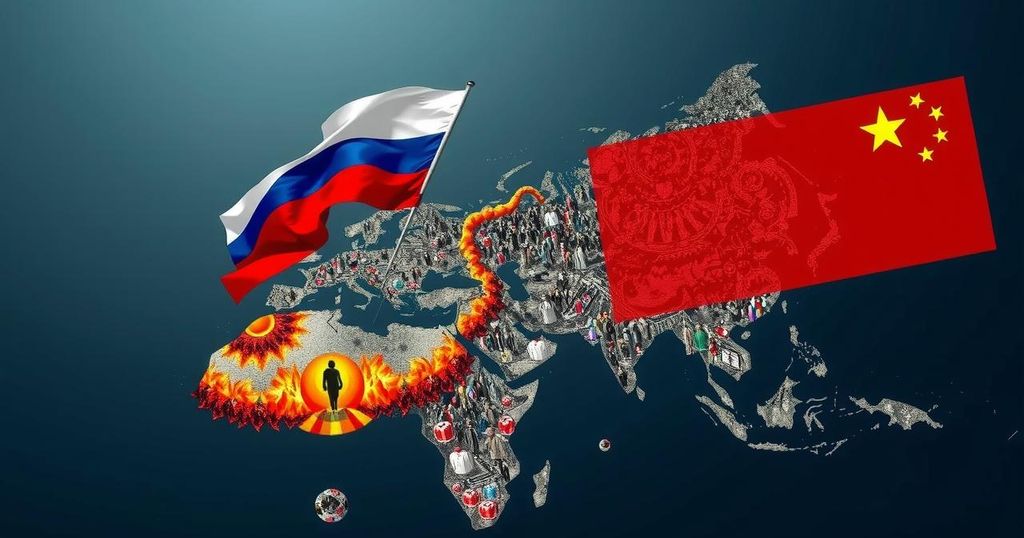Political Crisis in South Korea: Implications for US Alliances and Regional Stability
A political crisis in South Korea, marked by President Yoon Suk Yeol’s short-lived martial law decree, has raised alarm over the stability of a key US ally. This upheaval, occurring amidst heightened tensions with North Korea and deepening ties among China, Russia, and North Korea, could have significant implications for US interests in the region and the reliability of the US-South Korea alliance.
A recent episode of political upheaval in South Korea has triggered concerns regarding the stability of this key US ally in a complex geopolitical landscape. President Yoon Suk Yeol’s abrupt declaration of martial law, intended to counter perceived anti-state forces, was quickly rescinded following widespread opposition, reflecting the nation’s commitment to democratic principles. This turmoil unfolds amid heightened tensions with North Korea, prompting both concern and opportunity for adversarial nations such as North Korea, China, and Russia.
The announcement of martial law came as a shock not only to South Korea but also to the United States, which maintains a significant military presence in the country. As North Korea continues its belligerent behavior and strengthens ties with Russia amidst the Ukraine conflict, any instability in South Korea presents challenges to US strategic interests in the region. Retired US Colonel Cedric Leighton emphasized that “any instability in South Korea has major ramifications for our Indo-Pacific policies.”
The Biden administration has been actively seeking to bolster ties with South Korea, viewing the alliance as crucial for regional stability. President Biden’s strong relationship with President Yoon has facilitated cooperation on defense and security issues, particularly in response to North Korea’s nuclear ambitions. However, President Yoon’s recent decisions have sparked apprehension about the reliability of the alliance, particularly in light of China’s increasing influence and scrutiny over US military positions in the region.
The unfolding crisis presents an opportunity for North Korea to potentially exploit the political discord in South Korea. Analysts note that North Korea often seeks to undermine South Korea’s democratic processes during times of instability. This situation, coupled with changing leadership dynamics, is likely being closely monitored by both Russia and China, who oppose US influence in Asia. The broader implications of this turmoil could reconfigure military support and international alliances as regional tensions continue to escalate.
The political landscape in South Korea has become increasingly fraught amid a series of high-stakes crises that challenge both domestic governance and international relations. The US-South Korea alliance has traditionally served as a cornerstone for peace and stability in Asia, especially against the backdrop of North Korea’s aggressive posture and ambitions regarding nuclear weapons. With strategic shifts in alliances, particularly the burgeoning alignment between North Korea, Russia, and China, the situation remains delicate and fraught with geopolitical tension. Recent actions by South Korea’s government, including the declaration of martial law by President Yoon Suk Yeol, signal a departure from established democratic norms and raise questions about the future stability of the nation and the implications for US interests.
In summation, the recent political disturbances in South Korea mark a critical juncture for the nation’s democratic integrity and its relations with the United States. The abrupt declaration of martial law and its subsequent reversal not only highlight the internal political strife but also underscore the precarious nature of the US-South Korea alliance against the backdrop of regional threats from North Korea and other adversaries. The unfolding events may shift perceptions of South Korea as a reliable ally and could impact broader geopolitical dynamics in East Asia.
Original Source: www.cnn.com








Post Comment